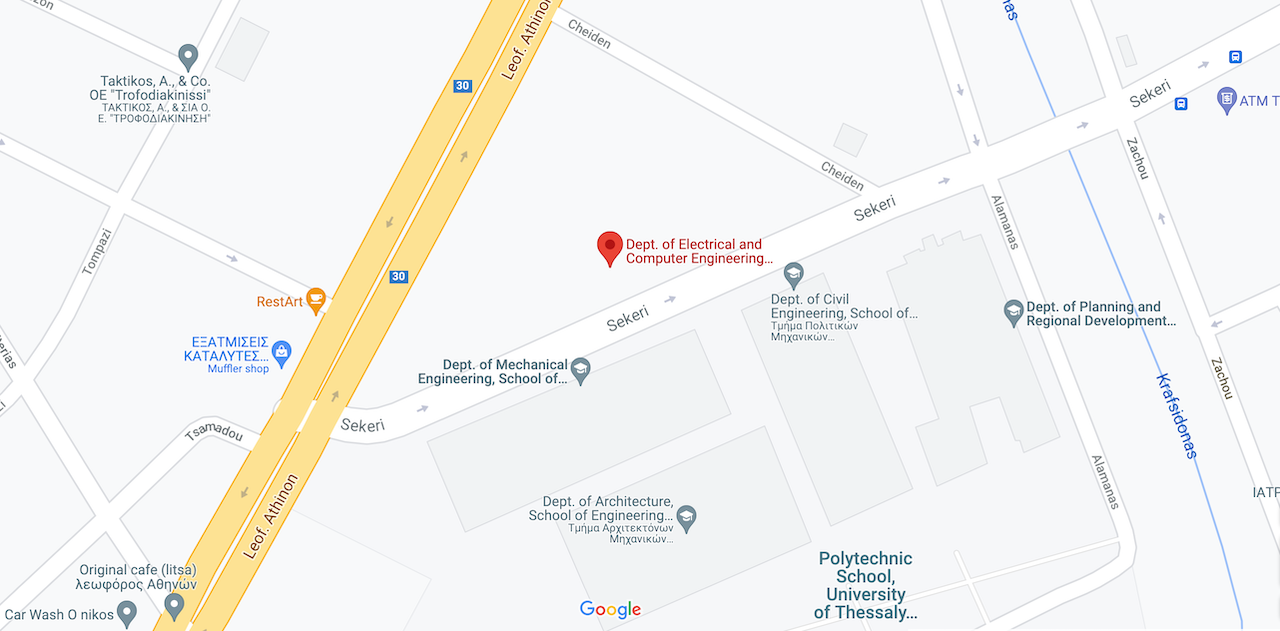| Επιστ. Υπεύθυνος |
|
|---|---|
| Τίτλος | POBICOS – Platform for Opportunistic Behaviour in Incompletely Specified, Heterogeneous Object Communities |
| Φορέας Χρηματοδότησης | EU ICT |
Περιγραφή
The POBICOS project targets communities of regular objects with embedded sense-compute-actuate nodes, found in homes and buildings. Such objects are inherently heterogeneous in terms of sensing, actuating and computing resources/capabilities. Moreover, the actual mix of objects available in different settings is practically unknown at the development time. Thus, the main challenge of applications is to take the best possible advantage of whatever resources happen to be available at runtime. We refer to this as “opportunistic behavior”.
The goal of POBICOS is to design, implement and test a platform that simplifies the task of developing and deploying opportunistic applications in such heterogeneous and incompletely specified object collections. The platform will include (a) appropriate middleware-based programming model and mechanisms, (b) an implementation of the middleware on embedded motes, and (c) application testing, deployment and monitoring tools. The major S&T objectives are: (a) ontology-driven, multi-resolution representations of sensor/actuator resources, (b) abstractions for physical node transparency, and (c) mechanisms for application deployment and monitoring, ensuring security and privacy. The domain of home automation and energy-efficient buildings will provide the context for application scenarios and system requirements. The system prototype and applications will be deployed and tested in a special building featuring several sensing and actuating capabilities.
Core technology development is done by two research institutes and a university, all with extensive research and prototyping experience in the area of wireless embedded systems. Domain expertise for energy-efficient buildings is provided by a research institute that specializes exclusively in that area. Application development is led by an SME active in the area of embedded systems. Finally, dissemination and exploitation efforts are led by a world-class technology consulting company.
Role: Design of the application programming model, development of the end-user application deployment model, implementation of the middleware mechanisms for node discovery, agent creation, agent communication and agent migration on top of the ad-hoc wireless network.








